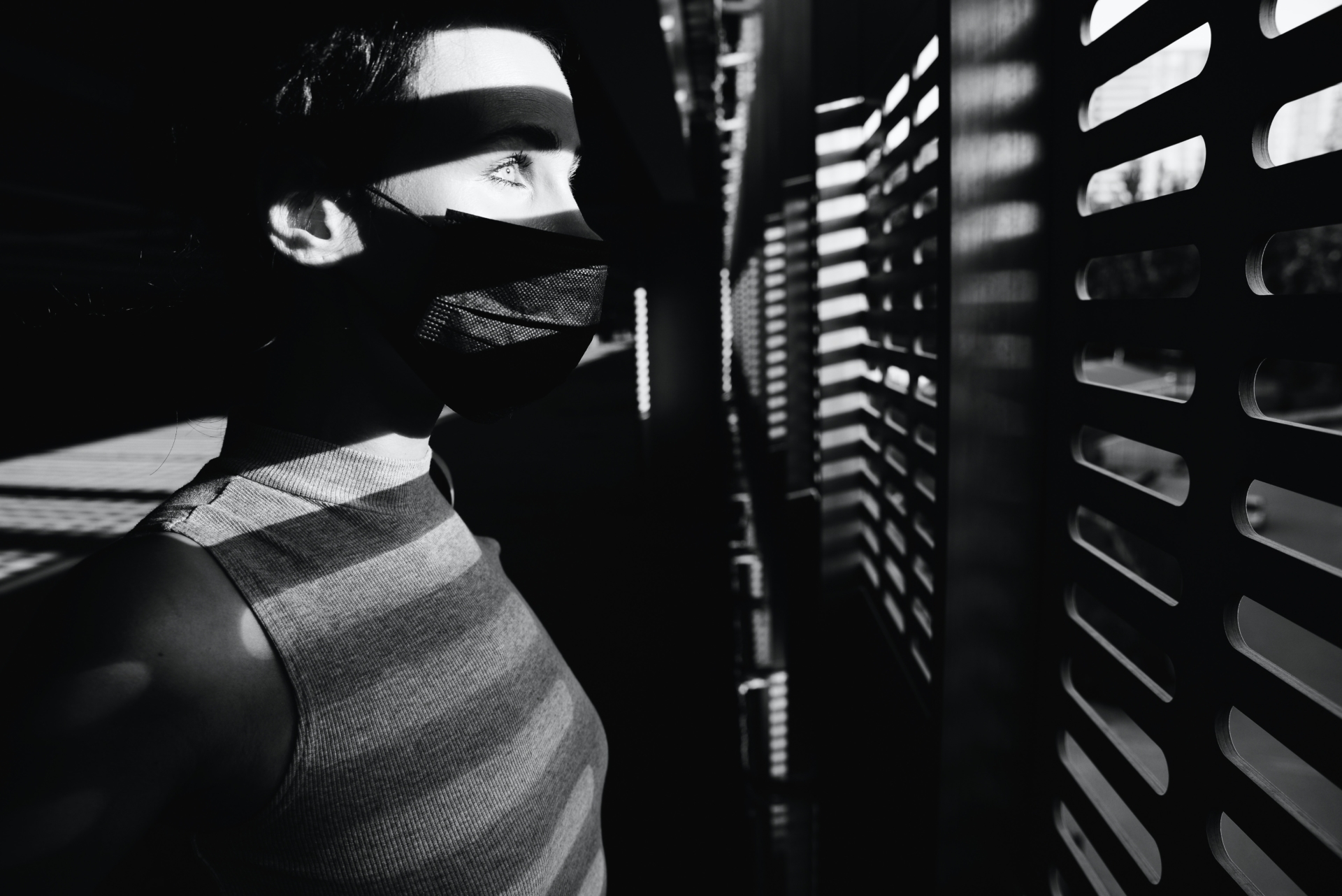With 31,000 undocumented immigrants living in 200 U.S. Immigration and Customs Enforcement (ICE) detention centers, it is certainly a challenge to prevent the spread of the Coronavirus. At the detention centers, many detainees are assigned to one room, there is limited availability of personal protection equipment, and detainees are frequently transferred to different facilities. Because of this, inmates are fearful that the virus will spread quickly. As of April 30, 2020, ICE confirmed 490 cases of Covid-19 in their detention centers, whereas only 1,030 detainees had been tested.
On May 6, Carlos Escobar-Mejia of El Salvador, who was held at the Otay Mesa Detention Center in California, died from COVID-19. He had lived in the U.S. for 40 years, but was stopped in a car on January 10 by the Border Patrol in Chula Vista. He was denied bond by an immigration court judge in April because he was considered a “flight risk.” By that time, several employees and detainees at Otay Mesa had already tested positive for COVID-19.
The week before Escobar-Meija’s death, a federal judge ordered ICE to compile a list of those considered medically vulnerable and eligible for immediate release. Escobar-Mejia was on that list, but was already hospitalized by then.
Daily Living Conditions
Social distancing is next to impossible at most ICE detention centers. Detainees sleep in dormitories with dozens of others in bunk beds arranged in clusters. Bathrooms are shared and sanitizer and disinfectant wipes have been hard to find, according to several detainees, lawyers, and advocates.
Otay Mesa, for example, now holds 629 ICE detainees and as of May 7 there were 140 confirmed cases. The facility has not accepted any new detainees since April 2. A private company called CoreCivic runs the center and claims they are following Centers for Disease Control and Prevention (CDC) guidelines for containing the spread of the virus.
However, detainees there complain that they are not given enough space to socially distance inside the facility and were given masks weeks ago that have not been replaced. Further, guards walk around the facility and serve food without wearing masks or gloves. A detainee inside the Otay Mesa center says at least 26 people in his pod refused meals on April 17.
Hunger-striker Edgar Granski of Russia has been held at Otay Mesa for eight months. He reported that sick detainees in his pod are being told to gargle saltwater, aren’t being tested for COVID-19, and are sent back to be with the rest of the pod.
Amnesty International called on ICE to urgently provide alternatives to detention, and grant humanitarian parole to immigration detainees “except in the most extraordinary of circumstances requiring ongoing detention.” They want ICE to prioritize those who are older, have underlying medical conditions, or are otherwise at higher risk if they contract COVID-19. They believe ICE should also immediately release all children and families it is holding in immigration detention.
On March 31, 2020, the four lead United Nations agencies on human rights, global health, migrants and refugees, issued a joint statement calling for the immediate delay of migrants and asylum seekers being held in cramped and unsanitary detention centers. The agencies also called for the immediate release of children and their families, as well as those detained without sufficient legal basis.
Transfers Spread Coronavirus
In mid-April, ICE decided to transfer 72 detainees from two jails in Pennsylvania and New York to the Prairieland Detention Center in Texas in order to increase social distancing. Since there were known cases of COVID-19 at the detention facilities in Batavia, New York (7 cases, now 49) and Lords Valley, Pennsylvania (5 cases, now 16), ICE officials took the temperatures of the detainees before they were put on a plane to Texas.
However, since that time, 21 of the detainees that were transferred have tested positive for the virus, making up half of the 41 cases now in Prairieland.
Detention Center Guards Contracting COVID-19
As of April 30, 2020, 36 ICE workers at detention facilities across the U.S. have tested positive for the Coronavirus, while another 92 ICE workers employed outside of detention facilities have also tested positive. On April 29, two officers at the Richwood Correctional Center in Monroe, Louisiana died of COVID-19 after facility officials initially barred them from wearing face masks. Earlier in the month, prison officials at Richwood told employees they would be required to work 12-hour shifts, seven days a week due to staff shortages caused by a “high number of positive COVID-19 staff cases.” There are 45 detainees confirmed to have COVID-19 at Richwood.
One Richwood employee reported that in early April guards were told not to wear their own masks or gloves to avoid spreading panic among detainees. A week later, after press inquiries, management said employees could start to wear masks and other equipment that would be provided as necessary, or they could bring their own. The employee also stated that during this time, detainees were being brought in from other facilities in Texas and Louisiana, and some were suspected of having the Coronavirus.
ICE Response
ICE claims that detainees who meet CDC criteria for risk of exposure to COVID-19 are housed separately from the general population. They place detainees with fever and/or respiratory symptoms in a single medical housing room, or in a medical airborne infection isolation room specifically designed to contain biological agents, such as COVID-19. ICE transports individuals with moderate to severe symptoms, or those who require higher levels of care or monitoring, to appropriate hospitals with expertise in high-risk care.
In March 2020, ICE announced it has evaluated its detained population based upon the CDC’s guidance for people who might be at higher risk for severe illness as a result of COVID-19. ICE has released nearly 700 individuals after evaluating their immigration history, criminal record, potential threat to public safety, flight risk, and national security concerns. The agency plans to reduce the population in all detention centers to 70% or less to increase social distancing.
The Project on Government Oversight is calling on the Department of Homeland Security (DHS) to appoint credible, independent subject matter experts in correctional health care and infectious diseases to make recommendations to ICE regarding controlling the spread of COVID-19. The Project says DHS should allow those experts to conduct on-site reviews at detention centers, which include confidential interviews with staff and detainees, and should make the experts’ reports available to Congress and the public.
Suzanne Driscoll is a content writer for Sharemoney. Hailing from Rochester, New York, she has written for national publications on issues involving business, healthcare, education and immigration.




